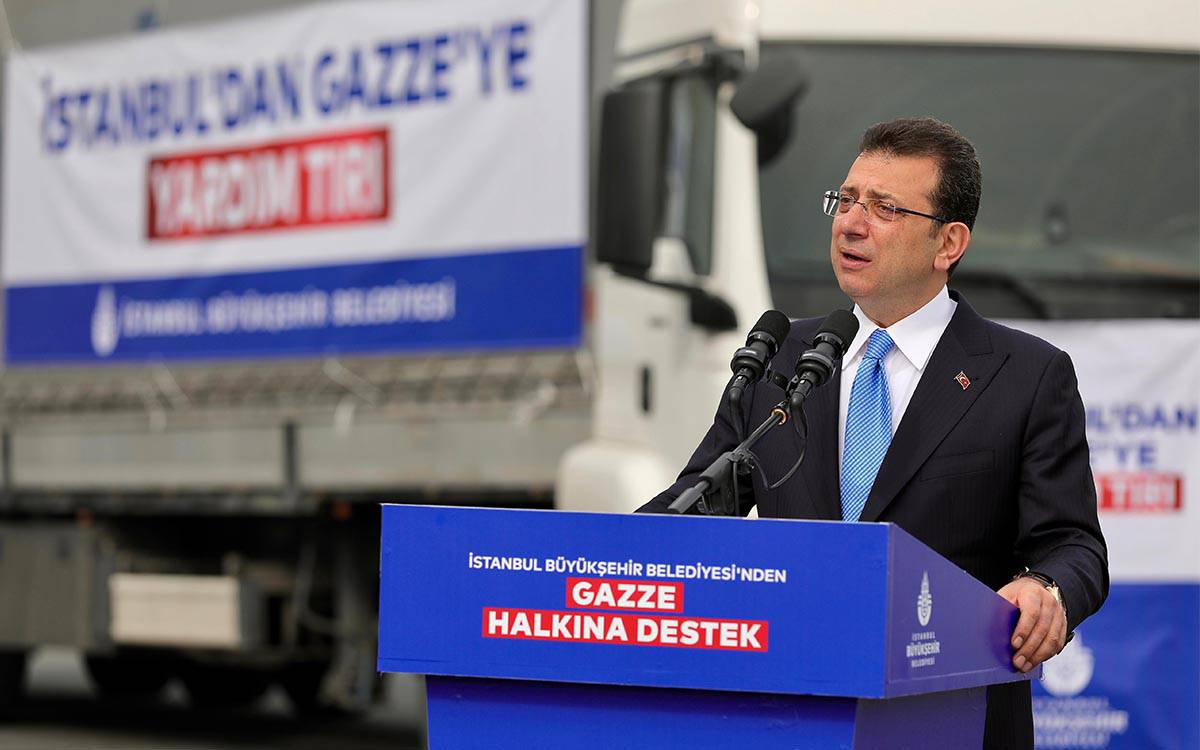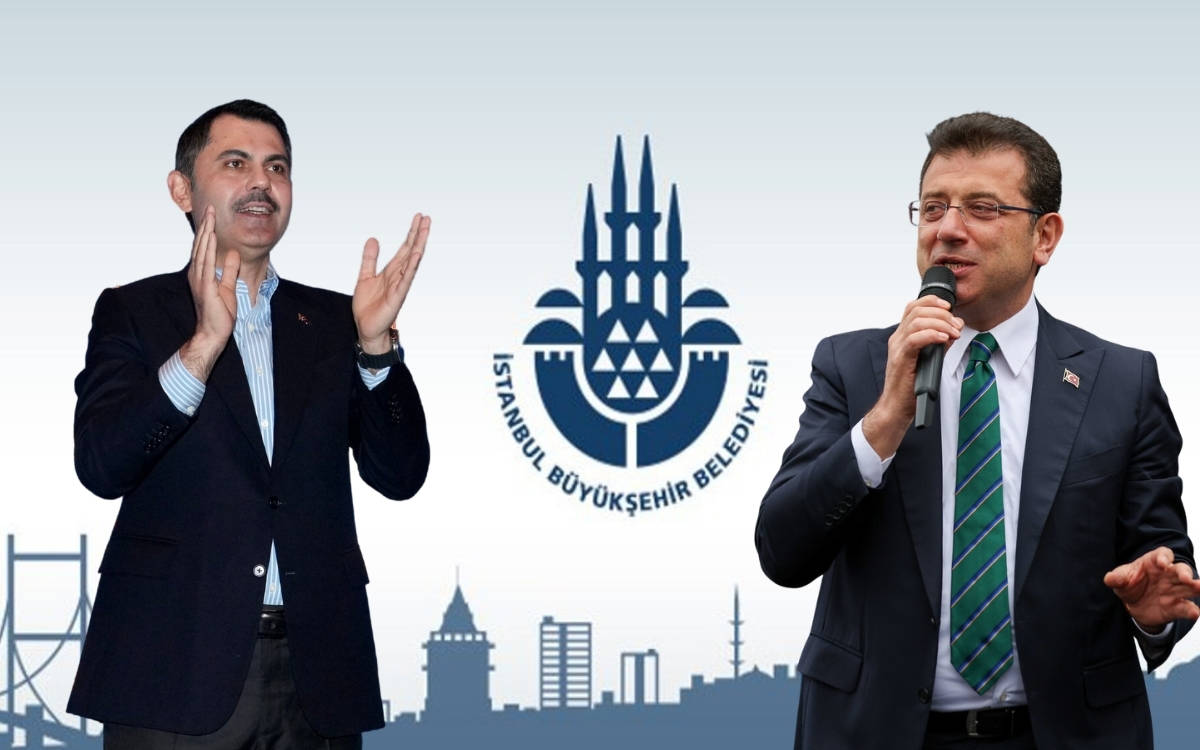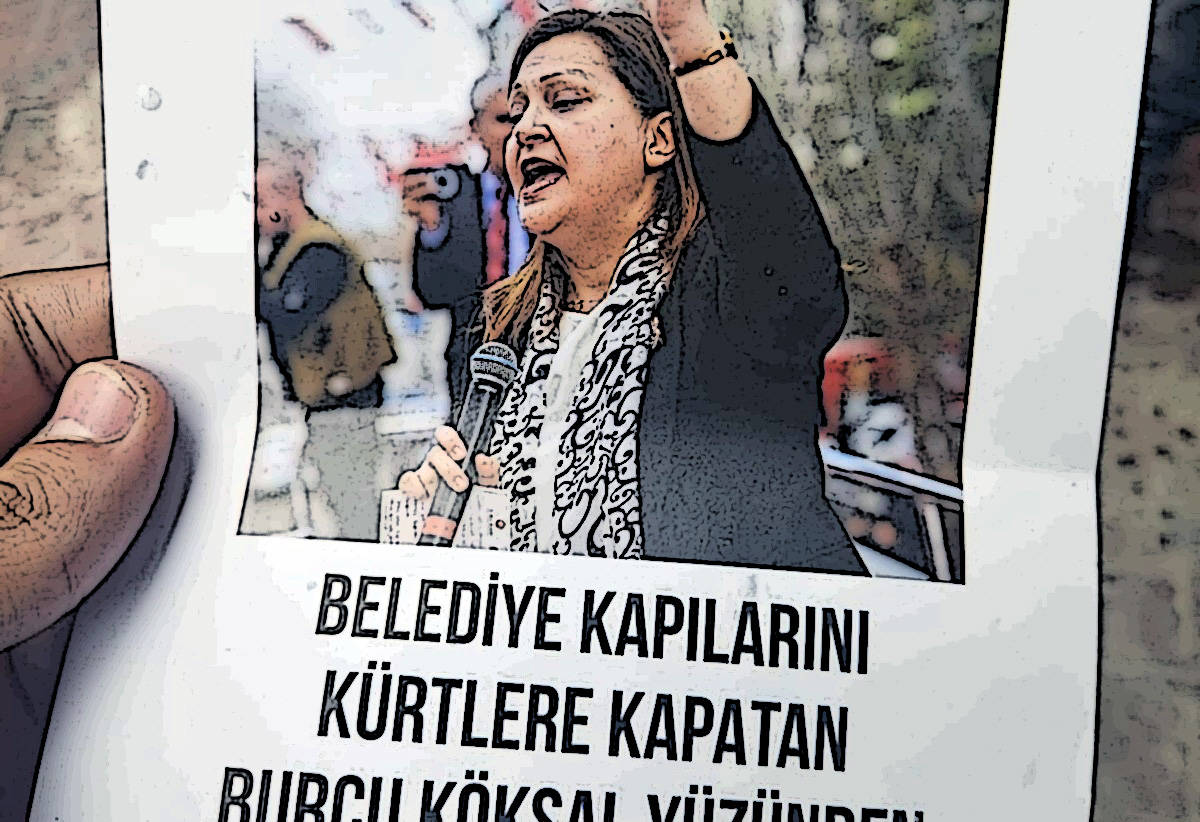PUBLIC OPINION RESEARCHER BEKİR AĞIRDIR:
'The race turns in favor of İmamoğlu in İstanbul'


Bekir Ağırdır, who served as the General Manager of KONDA Research and Consultancy Inc. for a long time and continues his role as a member of the KONDA Board of Directors after handing over his duties, commented that since February 17, the race for the İstanbul Metropolitan Municipality in the local elections to be held on March 31 has been turning in favor of İmamoğlu.
Shortly after KONDA released its predictions for the İstanbul Metropolitan Municipality elections, Ağırdır interpreted the course of the election process in his column on the T24 news site. He remarked, "In the polls published so far, İmamoğlu has been leading from the beginning."
It is predicted that the local election race in İstanbul will be between the candidate of the Republican People's Party (CHP) and the current mayor, Ekrem İmamoğlu, and the candidate of the Justice and Development Party (AKP), former Minister of Environment and Urbanization, Murat Kurum.
The experienced public opinion researcher noted, "Although it appeared that the gap between İmamoğlu and Kurum had narrowed between January 25 and February 17, since February 17, the race has been turning in İmamoğlu's favor."
Ağırdır observes that although the difference in votes between İmamoğlu and Kurum appears to be between 1.5 and 5 points in various surveys, calculations indicate that the difference has been averaging 2.5 points in İmamoğlu's favor since February 21.

İstanbul Mayor reacts to the government on Gaza: 'Begin by stopping trade first'
Konda Survey
According to the KONDA survey conducted through face-to-face interviews with 2,489 individuals in 135 neighborhoods on March 2-3, 2024, regarding the Istanbul local elections to be held on March 31st, the raw voter preferences for the Istanbul Metropolitan Municipality were determined as follows:
Candidates
Ekrem İmamoğlu 38.2 %
Murat Kurum 32.2 %
Others 12.5 %
Undecided 6.0 %
After distributing the undecided voters, the resulting table was as follows:
Those who will vote for Ekrem İmamoğlu: 46.1%.
Those who will vote for Murat Kurum: 38.8%.
"23 days later not yet guaranteed"
Bekir Ağırdır emphasizes that this percentage corresponds to approximately 250,000 Istanbul voters and acknowledges that compared to the 15,000-vote margin by which İmamoğlu won the March 31, 2019 election, the current point difference is indicative of İmamoğlu's success. However, he also notes that this result does not yet guarantee the outcome 23 days later.
In his article titled "The Course of the Local Election Focused on İstanbul: What Advantage Does İmamoğlu Have?" Ağırdır summarizes the material and spiritual conditions of the electorate as follows: "The voters are disappointed and bewildered. The high cost of living, especially the fluctuation in food and restaurant prices, is reducing the amount of food on the table. Price increases in essential services such as education, healthcare, rent, and energy, where there is no competition and alternative, threaten the household's stability. On the other hand, the growing disconnect between the real concerns of the people and the agenda and topics of politics is becoming more pronounced day by day."
"Three major handicaps of İmamoğlu"
Ağırdır believes that despite İmamoğlu's apparent lead, there are three significant handicaps that are not directly attributable to him.
Firstly, he points to the mismanagement of the candidate selection process within the CHP organization. He suggests that we are yet to fully understand how strong and motivated the CHP organization is during the local election process because, as of now, it seems like there is almost no CHP organization on the ground.
Secondly, Ağırdır identifies İmamoğlu's second handicap as the fact that parties like the İYİ Party, DEM Party, Victory (Zafer) Party, and Felicity (Saadet) Party have fielded strong candidates of their own. According to him, the voters of these parties may split between their own candidates and İmamoğlu, potentially reducing İmamoğlu's potential vote or subtracting from the opposition vote in İstanbul.
The third handicap is the fatigue of hope among opposition voters. However, Ağırdır anticipates that as the election approaches and with Erdoğan taking the stage, there may be a slight decline in this fatigue, and İmamoğlu's voter support could increase.
"Turnout rates within blocs will determine the outcome"
Ağırdır emphasizes that despite the existing gap in the final outcome, it is not yet absolutely predictable. He underscores that the transition of voters between blocs is still relatively low. He states, "The movement occurs not between pro-government and anti-government blocks, but primarily within the blocks among parties."
His second observation is that unlike the national balance, the political balance in İstanbul leans 52-48 in favor of the opposition. Therefore, he asserts that the first decisive factor that will change these ratios is the proportion of voters from which blocs will turn out to vote, highlighting that the outcome will depend more on the presence or absence of synergy within the opposition camp. (AEK/PE)





